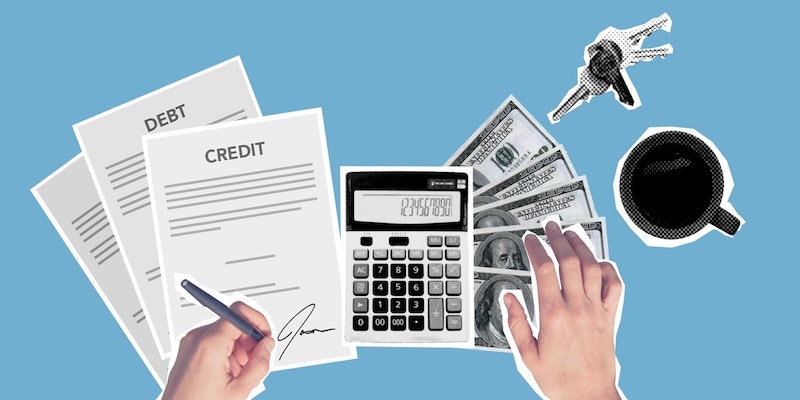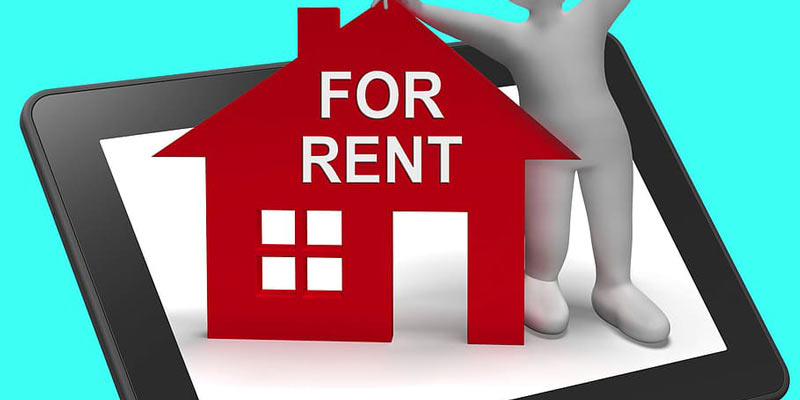Unraveling the Debt Consolidation Process: How It Benefits You
Susan Kelly
Oct 24, 2023
Financial management is often a balancing act, particularly when managing multiple debts. One solution to simplify this challenge is to use a debt consolidation loan. It may be the way forward if you're juggling various high-interest debts. What is it, and how does it work? Is it even possible for individuals with bad credit?
What is a Debt Consolidation Loan?
Debt consolidation loans consolidate numerous debts into one loan. You'll have one monthly payment instead of having various bills with different interest rates. This can make managing your debts more accessible and offer a lower overall interest rate. But it's essential to remember that this isn’t a magical solution: you're still responsible for the entire debt; it’s more streamlined.
How Does Debt Consolidation Loan Work?
Taking Out the Loan: The first step involves approaching a financial institution, bank, or credit union to take out a loan. They’ll examine your credit history, current debts, and repayment capability.
Paying Off the Debts: The debt consolidation loan pays off your other debts after approval. Debt may include credit cards, personal loans, and others.
New Payment Plan: Instead of juggling multiple payments, you have one monthly payment to the institution that gave you the debt consolidation loan. This payment should be at a lower interest rate than the combined rates of your previous debts.
Types
Consolidating debt can be accomplished through many loans or credit cards. Your optimum solution depends on your loan terms and types and financial situation. Debt consolidation loans are primarily secured or unsecured. Collateral, such as your home, is used to secure a loan in a secured loan.
Unlike unsecured loans, secured loans require collateral. Higher interest rates and income requirements are typical. Credit card interest rates are far higher than personal or vehicle loans. Most loans have fixed rates that won't change during the loan's term.
Prioritizing your debts is essential for any loan, so think carefully about which ones you can afford to pay off first. When paying down debt, it's usually best to tackle the one with the highest interest rate first. The most typical debt consolidation strategies are provided below.
- Personal Loans
- Credit Cards
- Home Equity Loans
- Student Loans
Advantages of Debt Consolidation Loans

Simplified Payments: One of the most apparent benefits is the simplification of your debts. Managing multiple payments can be challenging, but you have one fixed monthly payment with a debt consolidation loan.
Potential for Lower Interest Rate: Consolidating may grant you a lower interest rate than you were paying before, saving you money in the long run.
Better Financial Management: Budgeting and planning become more straightforward with a single payment and consistent interest rate.
Credit Scores and Debt Consolidation
In the long run, a consolidation loan could benefit your credit. Lower monthly payments can enhance the credit usage ratio and loan payoff time. Thus, improving your credit score can raise your chances of being approved by lenders and receiving preferred interest rates.
Rolling over loans may lower your credit score initially. This is because longer, more reliable payment histories are reflected favorably in credit scores.
Debt Consolidation Loans for Bad Credit
Many fear they won’t be eligible for debt consolidation loans due to poor credit. However, some institutions and lenders offer debt consolidation loans for bad credit. While these may come with a higher interest rate than typical consolidation loans, they can still provide the convenience of a single monthly payment. They can be a stepping stone to improving one’s credit score.
However, it’s essential to be cautious. Scams and predatory lenders target individuals with poor credit. It's crucial to thoroughly research and understand the terms before committing.
Debt Credit Card Consolidation
One of the most common uses for debt consolidation loans is for credit card debts. High interest rates and multiple cards can spiral out of control quickly. Debt credit card consolidation can help by:
Centralizing Payments: Instead of managing multiple credit card payments, you have one loan payment.
Possibly Lowering Interest Rates: Credit card interest can be notoriously high. By consolidating, you might secure a much lower rate.
Halting the Growth of Debt: A lower interest rate means more payment goes to the principal. This speeds up debt repayment.
Things to Consider
Loan Terms: Always pay attention to the loan’s duration and the interest rate. While a lower monthly payment might seem attractive, it could mean you're paying more in the long run.
Fees: Some debt consolidation loans come with fees. Always factor these in when considering if a loan is beneficial.
Potential for Increased Debt: Some people might be tempted to rack up new debts after clearing their credit cards with a consolidation loan. Adopting healthy financial habits and not viewing the newly earned credit as an invitation to spend is essential.
Impact on Credit Score: A loan application might initially ding your credit score. However, a debt consolidation loan can improve your score over time if managed well.
How Should One Approach Debt Consolidation?

How much debt you have, how quickly you can pay it off, and whether you can acquire a low-interest loan or credit card affect which debt consolidation is ideal. There are many options, which is terrific.
Debt Settlement
Debt settlement differs from debt consolidation in that the focus is on decreasing the total amount owed rather than the total number of creditors. Credit counseling agencies and other debt-relief groups can help consumers move toward debt resolution. These groups do not issue new loans but attempt to negotiate reduced interest rates and repayment terms with the borrower's existing creditors.
Conclusion
Debt consolidation loans can be an efficient tool in managing and paying off debts. Whether you're looking into debt credit card consolidation or seeking debt consolidation loans for bad credit, it’s crucial to understand the terms and remain committed to financial responsibility. As with any financial decision, it's essential to research, seek advice if necessary, and choose the path that best aligns with your financial goals and capabilities.







